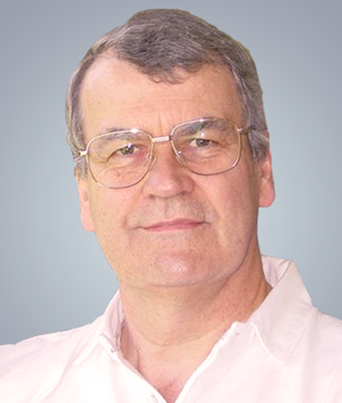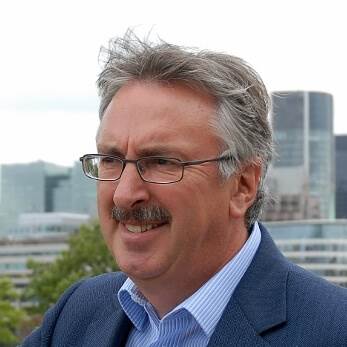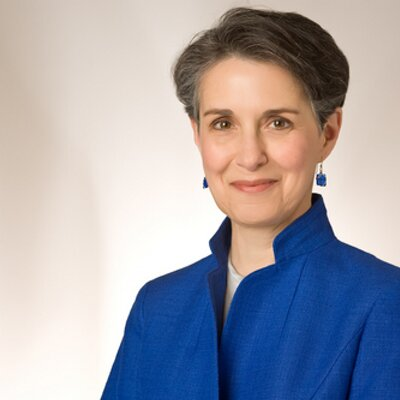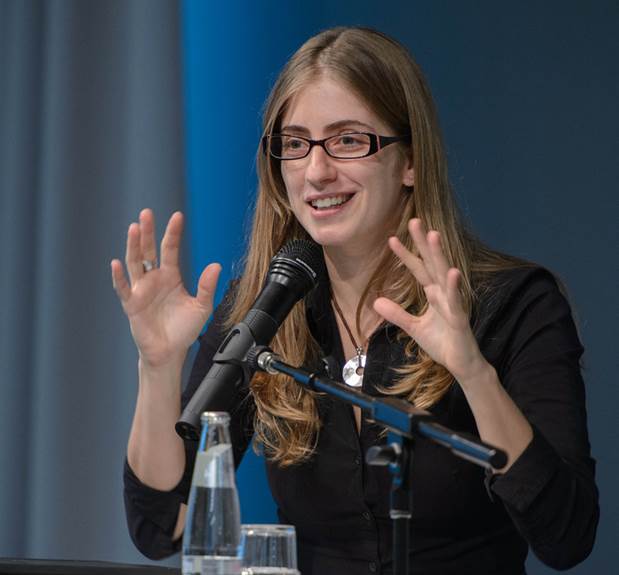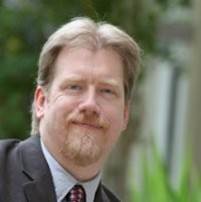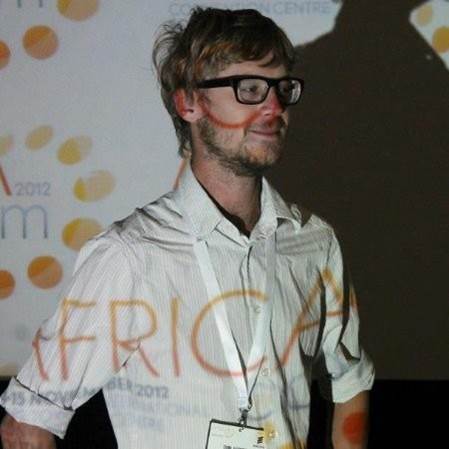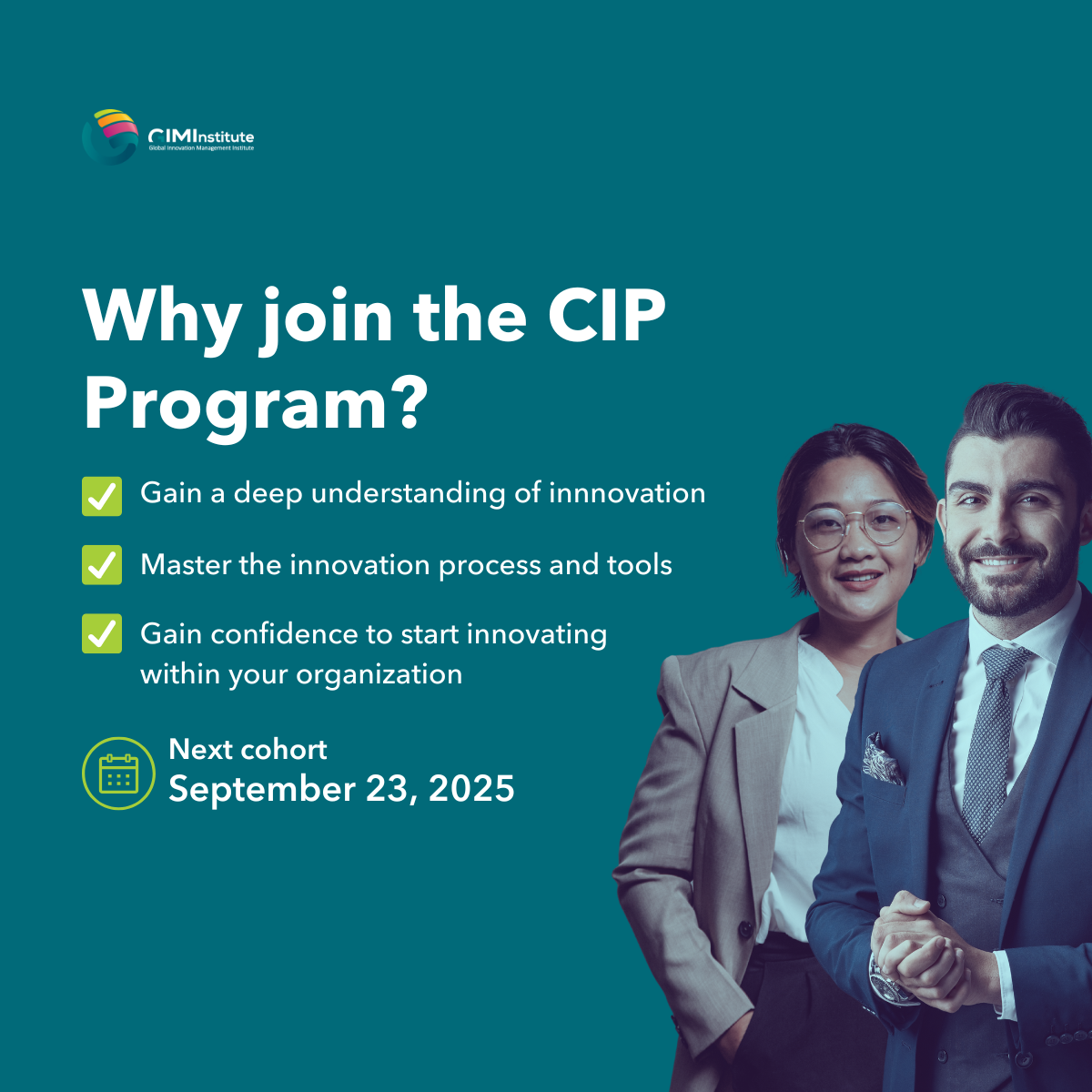Top 10 Social Innovations
Social innovation is the creation of new ideas that address social problems by reconceiving the status quo to create more sustainable and just systems that benefit marginalized groups and society as a whole. To meet this definition, these ideas should be able to demonstrate their impact and consider pathways to financial sustainability and scale.* Social innovation is not only about helping the others, but it also has an impact on self-realization as a form of recognizing the impact one person can make; social innovation is a tool to build communities around the same purpose. It can affect a certain small group of people, a region or the entire world by bringing awareness of a social challenge.
Top 10 Social Innovations were gathered around the effort to re-build people’s lives (e.g. The attempt of Alberta Local Government to reach zero homelessness), to reach greater life standard (e.g. clean water by 33 buckets and Ash Bricks by Green Cake), managing crisis (Tent Jackets by ADIFF and Emergency Response by Team Rubicon) and finally, enabling people to handle their own lives (Patrimonio Hoy by CEMEX and Waste-pickers for Dignity by I Got Garbage).
Scroll down to find out what are these Top 10 Social Innovations. May it be your inspiration for good deeds.
[huge_it_portfolio id=”3″]
-
Ash Bricks. Green Cake
A civil engineer, Mashharawi and her business partner Rawan Abdul Lateef from Gaza Strip, found a way how to turn ash into a brick. These bricks are eco-friendly, affordable and need less cement compared to the regular bricks (it is an important factor, since cement delivery is restricted to this area). Furthermore, these bricks are made without sand and gravel. After three wars in only 10 years and thousands of people losing their homes, this social innovation will help in rebuilding the region.
-
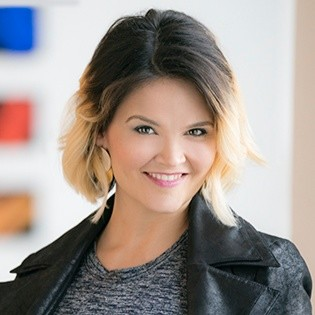
Kate O’Keeffe
Kate O’Keeffe is a Founder, Cisco Hyperinnovation Living Labs (CHILL). As she says on her LinkedIn profile: “Entrepreneurship and innovation are part of Kate O’Keeffe’s DNA. From technology to energy to fashion – she is driving industry-wide disruption at a blistering pace.” She focuses on broad variety of topics around innovation, including female innovators, social innovation and innovation leadership.
-
Paul Hobcraft
Paul Hobcraft introduces himself with these words: “I simply enjoy innovation. I got ‘hooked’ fifteen years ago and since then have increasingly focused on innovation until it is 100% of my business thinking and activities today.” Paul Hobcraft is Innovation Knowledge Advisor at paul4innovating.com and Innovation Advisor at Agility Innovation Specialists. He has hundreds of blogposts that have had an impact on a wide spectrum of entities: from micro-businesses to large corporations. His blog articles include such masterpieces as: “So I keep asking myself, ‘What Is the Role of Social Media in Innovation?’ ” and “Defining Innovation Capital.” Paul Hobcraft has nearly 7K followers on Twitter – @Paul4innovating.
-
Paul Ninian
Paul Ninian Sloane is a Keynote Conference Speaker, author and blogger on innovation. He is the author of over 20 books on innovation, creative thinking and leadership, including “How to be a Brilliant Thinker” and “The Innovative Leader: How to Inspire Your Team and Drive Creativity.” He has published hundreds of articles around innovation on his website at destination-innovation.com — some of which are “The Innovation Sophistication Index” and “When the Idea is Ahead of the Technology.”
Paul Sloane’s embraced various positions throughout his career: from a keyboard player to bingo caller to innovation thought leader … and one of the most followed bloggers on innovation with nearly 43K Twitter followers – @PaulSloane. -
Teresa M. Amabile
Teresa M. Amabile is a professor and director of research at Harvard Business School. She is author of “The Progress Principle” and “Creativity in Context”. She is the author and co-author of a large number of articles on innovation in the Harvard Business Review, including “How to Make Sure Good Ideas Don’t Get Lost in the Shuffle” and “The Power of Small Wins.”
-
Thamy Pogrebinschi
Prof. Thamy Pogrebinschi is a senior researcher at the WZB Berlin Social Science Center and coordinator of the Innovations for Democracy in Latin America Project (LATINNO). Unlike the other TOP 10 Innovation Bloggers, Thamy Pogrebinschi’s innovation insights are not as focused on entrepreneurship and business; instead, she analyses the impact of innovation in political processes. She also reviews how various political processes could boost the economy and thus make Latin American markets more open to adopt business innovation. Recommended articles: “Digital Innovation in Latin America: How Brazil, Colombia, Mexico and Peru have been experimenting with E-participation” and “Innovating Democracy in Latin America”.
-
Tim Kastelle
Tim Kastelle is an Associate Professor in Innovation Management at University of Queensland (Brisbane, Australia) and one of the most respected bloggers on innovation. Kastelle writes short-form articles about leadership, innovation and management tools for everyone from the front-line worker to the CEO. He often takes surprising angles in analyzing the history of innovation and its impact on today’s society. Two noteworthy articles: “Before Tom Peters, before Peter Drucker, we had Mary Parker Follett” and “Those That Get It Don’t Need It, and Those That Need It Don’t Get It.” Tim Kastelle has 15K followers on Twitter.
-
Tom Jackson
Tom Jackson is a co-founder of Disrupt Africa – the news site for African tech startups. Jackson is based in Cape Town, Nairobi and Lagos. He carefully explores the most exciting new companies and entrepreneurs over the entire African continent and also analyses the developments within the growing ecosystem.
-
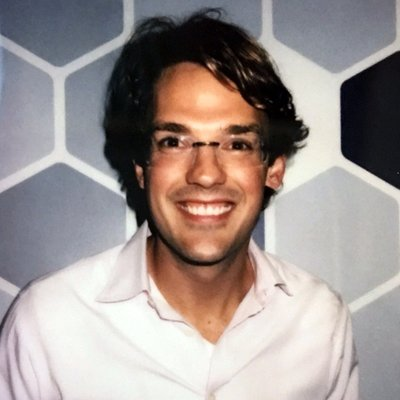
Tomasz Tunguz
Tomasz Tunguz is an expert in technology innovation, a Partner at Redpoint Ventures and a blogger. He publishes articles daily about all things SaaS, making them easy to relate to the most relevant matters of today’s world.
-
Sauvik Banerjjee
Sauvik Banerjjee is a Vice President Digital Initiatives Tata Industries, CTO of TataCLiQ a keynote speaker and impactful blogger on Twitter, with nearly 67K followers. He is one of the top technologists globally. His focus is on IA, disruption and technology innovation. While he is a global citizen, Banerjjee emphasises the importance and potential of the Indian market. Banerjjee’s articles and speeches can be found in various sources; a couple of recommended examples are: “Artificial Intelligence & Human Intervention” and “Getting Ahead of Disruption.”
____________________________________________________________
TOP 10 SOCIAL INNOVATIONS
- Ash Bricks. Green Cake
- Emergency Response. Team Rubicon
- Housing First. Alberta Government, Canada
- Jacket Tent. ADIFF
- Magic Bus. Hult Prize
- Patrimonio Hoy. Cemex
- Solar Inflatable Lights. LuminAID
- Sourcing employment. Samasource
- Waste-pickers for Dignity. I Got Garbage
- 33 buckets. Arizona State University
__________________________________________________________


